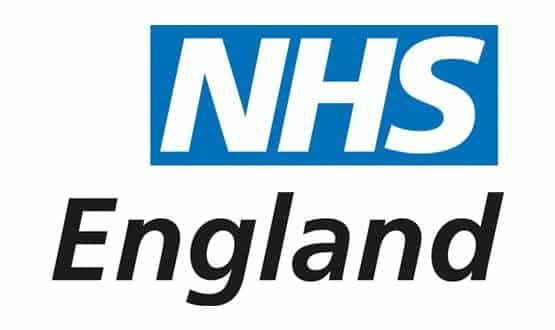Clinical commissioners can use only pseudonymised patient data in risk stratification tools for commissioning purposes, new guidance says.
NHS England has released guidance on risk stratification, setting out the circumstances in which patient-identifiable data can be used by GPs and clinical commissioning groups.
It says that GPs using risk stratification for identifying high-risk patients should also use pseudonymised data where possible, or weakly pseudonymised data in an Accredited Safe Haven.
If neither of these options are feasible, they must find a legal basis for using confidential patient information. Patients must be informed about how their data will be used and any objections respected.
Risk stratification tools use relationships in historic population data to estimate the use of health care services by individual patients.
They can be used for planning services across a population or identifying high-risk patients who could benefit from targeted support.
Primary care trusts had a Section 251 exemption to access confidential information and to use this data in pseudonymous form to conduct risk stratification.
However, the axeing of these organisations from April meant that this data could no longer flow to commissioners, as CCGs have different roles and powers.
Dame Fiona Caldicott’s second review of information governance, published in April, also confirmed that risk stratification was not a form of direct care.
The statutory authority of CCGs and commissioning support units to process confidential information for risk stratification must therefore come either from patient consent or from the Section 251 regulations
NHS England has been granted an extension to use Section 251 in the transition period up to October this year.
However, the current approval excludes the processing of identifiable data for risk stratification.
“For all of these reasons, it is important for CCGs and GPs to review their local arrangements to ensure that any risk stratification being conducted on their patients’ data is done so in ways that are consistent with the new legal environment,” the guidance says.
NHS England recently introduced a new directed enhanced service payment that promotes the use of risk stratification tools.
The guidance says that regional offices of the HSCIC are being asked to make data services available to commissioners.
“However, capacity and capability issues within the HSCIC’s regional offices mean that this support may not be fully available immediately in all circumstances, therefore NHS England has identified alternative arrangements that CCGs can pursue in the interim,” it adds.
It provides a checklist for conducting risk stratification for case finding, which includes, selecting a ‘suitable predictive model’, taking into account the “availability of the data on which is it run”.
It also lists six approaches to risk stratification that are or will be available to CCGs or GPs, which are; closed-system technologies; pseudonymisation-at-landing; use of HSCIC services; with consent as part of an integrated care programme; pseudonymisation-at-source; and Accredited Safe Haven.
“NHS England will issue directions to the HSCIC instructing it to support the collection and processing of GP data for risk stratification,” the guidance says.
“These directions will provide a legal basis for the collection of GP data by the HSCIC for this purpose. However, CCGs and/or their local CSUs will need to reimburse the HSCIC for any costs that it incurs as a result of the arrangements agreed locally.”

